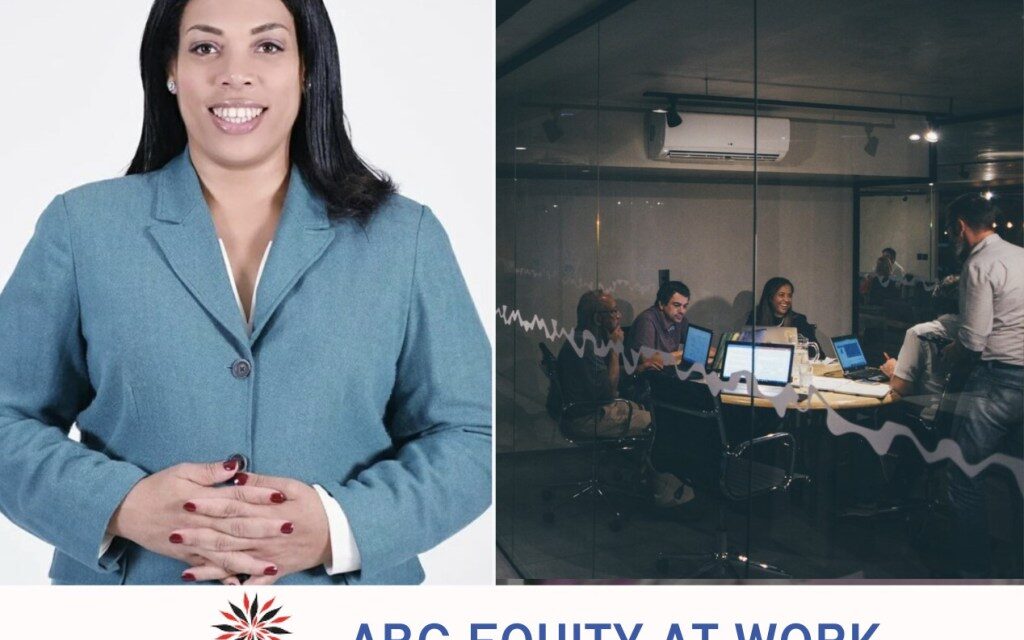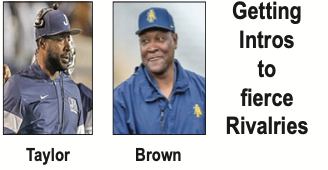By Megan Sayles,
AFRO Business Writer,
msayles@afro.com
Patriarchy and paternalism are two forms of oppression that endure in the workplace. Britannica defines the former as a society where men exercise total authority over a community, while it characterizes the latter as a practice of infringement on personal autonomy by an authority.
Both have implications for professional growth. Associated Black Charities, a Baltimore-based social equity organization, hosted a seminar on Sept. 26 to examine how to identify and confront these systems in workplace cultures.
“Patriarchy and paternalism have deeply rooted themselves within workplace cultures, perpetuating systemic inequalities that disproportionately affect Black people,” said Chrissy Thornton, executive director of ABC. “Studies reveal that decision-making positions and leadership roles are predominantly held by White men, leading to a skewed perspective that often sidelines the experiences and insights of Black professionals.”
ABC’s discussion was a part of its Equity At Work series, a monthly webinar program addressing issues impacting African Americans in their professions. The seminar featured input from Moriah Ray, co-founder of The African Diaspora Alliance; Roland R. Selby Jr., chief of staff for the Baltimore Mayor’s Office of Homeless Service; and Adeola Ajani, CEO of Fem Equity.
“Paternalism manifests as well-intentioned guidance that carries implicit biases, portraying Black individuals as needing additional support or mentorship due to perceived shortcomings,” said Thornton. “This narrative undermines their competence, reinforces a cycle of dependency and limits advancement.”
Ajani explained that this expression of paternalism can especially impact Black women in the workplace. Although they may have mentors at their disposal, they are not backed by these mentors in terms of promotions.
She said that mentors must also be champions.
“There’s this issue when it comes to Black women where we are over-mentored but under-supported and under-promoted. Sometimes we have all the mentorship, but a lot of times, we don’t have the sponsorship,” said Ajani. “We don’t have people to actually pull us into the room and go to bat for us.”
Selby said in order to procure workplace champions, people must focus on cultivating robust relationships with their peers. He advised that people should also be willing to ask for help when they need it.
“You want to find people and organizations that are promoting equality and where they’re promoting the ideal that we should all have opportunities,” said Selby.
He added that when companies try to address diversity, equity and inclusion, they must also work on instilling a sense of belonging. This allows African Americans to not only be at the table, but to feel comfortable raising concerns.
“Creating an environment and creating those spaces in places where your voice can be heard is the belonging part,” said Selby. “When organizations are trying to be thoughtful about where they’re recruiting, what schools they’re on campus with and what programs they’re sponsoring, that is a powerful concept, and that’s starting to take root.”
Ray drew from civil rights activist Fannie Lou Hamer to offer guidance, quoting her famous statement: “Nobody’s free until everybody’s free.” She warned against complicity in paternalistic or patriarchal systems.
“If you are complicit to any of these systems or unaware of how complicit you are being, it takes that intrapersonal work of digging deep and challenging yourself [on] how you’re contributing to these systems,” said Ray. “We have the privilege to name these systems and have awareness of them. How are we making sure that we’re not perpetuating them? How are we making sure youth are aware of them?”
Megan Sayles is a Report for America Corps member.
The post Associated Black Charities confronts paternalism and patriarchy in the workplace appeared first on AFRO American Newspapers .











